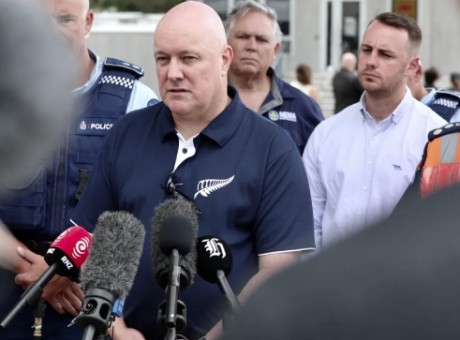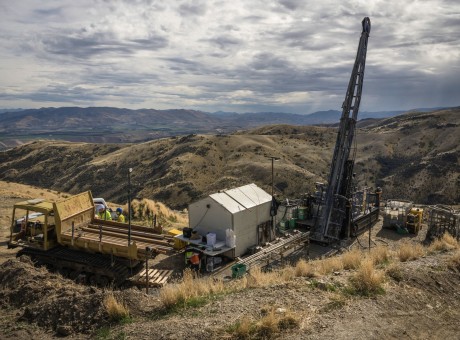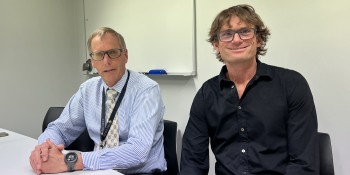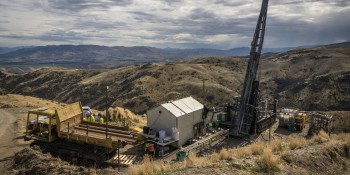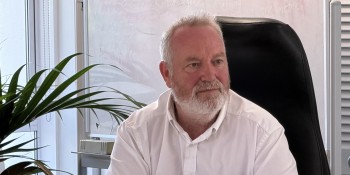QLDC Wānaka action plan a 'plethora of justification': Simon Telfer
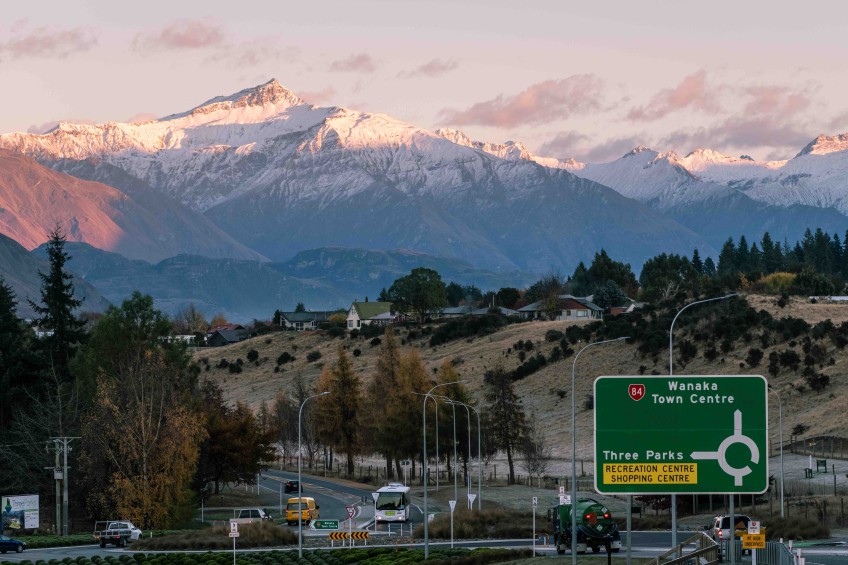
The chair of the Wānaka-Upper Clutha Community Board has launched an attack on the Queenstown Lakes District Council saying that the tone of their plan for a better relationship with Wānaka has completely missed the mark.
Mr Telfer took part in today's workshop on how the council can improve its interactions with the Wānaka ward remotely - as it was held in council chambers in Queenstown.
He was speaking to a draft action plan presented by staff that is a requirement of the Local Government Commission's investigation into Wānaka resident Dean Rankin's unsuccessful petition asking for the ward to break away from the district and govern alone.
While Mr Telfer thanked senior council staff for acknowledging in the workshop that the enforced exercise had provided them valuable time for self-reflection and learning on how the council could improve, it is his view that tone is completely missed in the action plan.
Mr Telfer suggested staff spend some time considering how the plan will "come across", because after his first read he thinks it feels like a "justification document", and he sees that as both a problem and a missed opportunity to do better.
He told the workshop each section begins with "a plethora of justification and previous actions and current practices", and in his view this approach reflects a wider default position adopted by the council in response to any outside challenge.
"There does seem to be a culture within QLDC of justification and a real aversion to being vulnerable or being introspective."
He said he would like to see some acknowledgement in the plan that the community concerns raised during the Local Government Commission's process were valid.
"When you read the document, it's just absent there."
It was noted by some councillors during the discussion that petition-instigator Mr Rankin was not invited to today's workshop, although he had presented during the public forum at the last full council meeting held in Wānaka at the end of April about some of his continued frustrations with the council.
QLDC corporate services manager Meaghan Miller defended the decision to host this particular workshop discussion in Queenstown, confirming it was related to timing and logistics, while acknowledging the preference otherwise would have been to have it in Wānaka.
Mr Telfer did welcome many of the actions outlined in the draft, making note of annual meetings between the community board and the senior executive team to look at work programmes, twice-yearly informal meetings between community board members and councillors, a "sausage roll" budget for the community board to access, particularly for community engagement events, and staff support when the community board is asked to make a submission to the council.
He said he would like to see provision for a formal channel by which the community board can put ideas forward to the council.
"Because at the moment...the public forum seems to be the only way that I or other community board members can actually come to the council."
Another addition Mr Telfer called for, the inclusion in the action plan of performance KPIs of the council's chief executive.
Alongside the action plan, the council has invested in having an independent researcher conduct one-on-one interviews as well as focus groups within the ward, however that report is not yet available, so the results of the research will not be considered as part of the action plan.
During the workshop, QLDC governance and stakeholder services manager Naell Crosby-Roe said a lack of a council presence in the Upper Clutha has emerged as a key theme of the investigation.
He says despite having some "horsepower" in town in terms of council staff, their work is often back-office.
"We're just not visible."
It is his view elected members of the council, as well as staff, need to make a effort to be out and about.
"It's a job for all of us, at all levels, to be seen in Wānaka."
In the workshop, Wānaka-Upper Clutha ward councillor Lyal Cocks stressed that three community board members also sit around the council table, while deputy mayor Quentin Smith spoke about his feelings over the years on the community board of "frustration", especially related to access to information and support from the council.
Community board member John Wellington, who like Mr Telfer attended the workshop remotely, said he wanted to see "communications" improve as board members were too often "not in the loop" or hearing about things "last-minute".
Main image (Diego Arancibia): Welcome to Wānaka.






